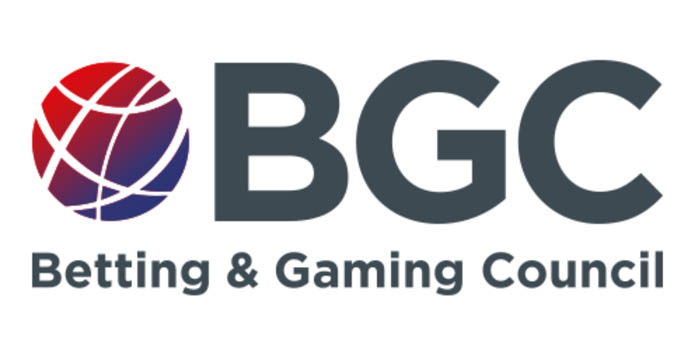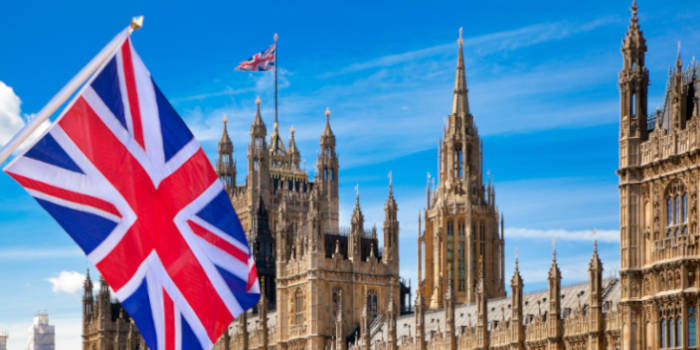Dugher Asked the Government to Prioritize Child Protection in the White Paper

Michael Dugher, the chief executive officer of Britain’s Betting and Gaming Council, has appealed to the government, asking child protection to be prioritized in the upcoming gambling white paper.
Dugher Puts Child Safety as a Priority
As someone committed to keeping minors away from gambling harm, Dugher has been vocal about the lenient age-verification measures that operators use and has called for a stricter registration process.
“We strongly support the Government’s Gambling Review, which highlighted the protection of children and vulnerable people in a fair and open gambling economy as one of the Government’s main priorities. We, therefore, hope that child protection will be front and center of the forthcoming white paper,” Dugher announced.
Furthermore, the CEO of the BGC has underlined the importance of educating the youth on responsible gambling and limiting the gambling ads that they are shown. Additionally, the BGC argues that convenience stores and petrol stations that sell scratch cards and other betting products should be more diligent in ensuring they aren’t selling to minors.
Overall, Dugher is glad that the steps taken by the BGC members in the last two years are proving fruitful but believes the battle isn’t over yet.
The BGC Efforts Are Paying Off
When Dugher stepped into office in 2019, he quickly introduced 15 new child protection measures that the BGC has followed since. These have included the creation of a $13 million program, aiming to prevent gambling harm among young people that has been distributed to various learning establishments across the United Kingdom.
In accordance with the advertising regulations, the members of the BGC have worked to make sure that gambling advertisements are not visible to those younger than 25. The measures have had a noticeable effect as one operator reported a 96% year-on-year drop in views from people aged between 18 and 24. The whistle-to-whistle ban on advertisements during live sports events has also seen 97% fewer young people engaging with gambling ads.
Moreover, according to statistics, retail gambling shops have become stricter in verifying the age of their customers, although convenience stores and petrol stations are yet to follow.
One study showed the number of young people who gamble regularly has dropped from 23% in 2011 to 11% in 2019. Additionally, the number of problem gamblers aged between 16 and 24 has plummeted to 0.4%.
“Our members will continue to drive further changes to prevent under-18s and other vulnerable groups from being exposed to gambling advertising online,” Dugher said.
He concluded that the regulated gaming industry is working hard to promote responsible gambling and healthy betting habits in contrast with the growing black market.
Yasmin is an iGaming and gaming journalist with over 10 years of writing about various publications. Her experience spans the entirety of iGaming, traditional sports, as well as online poker. She is well-versed in every aspect of online gaming and her wealth of knowledge provides additional substance to our coverage.













